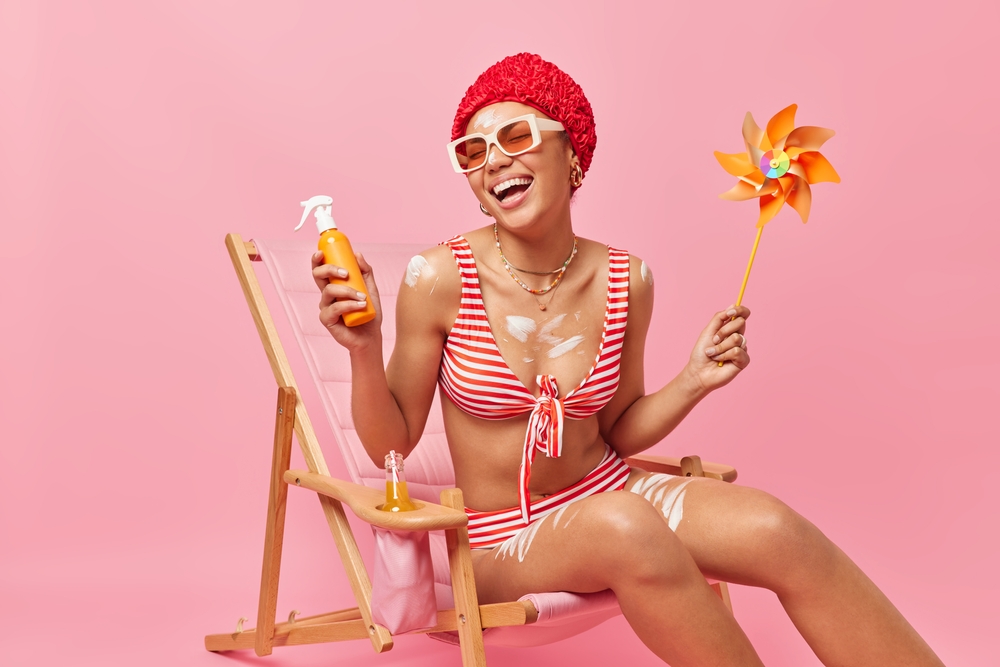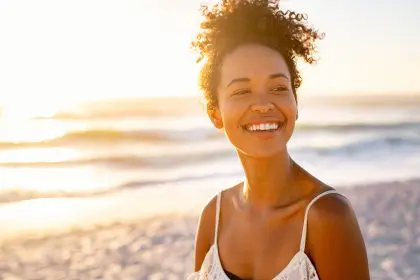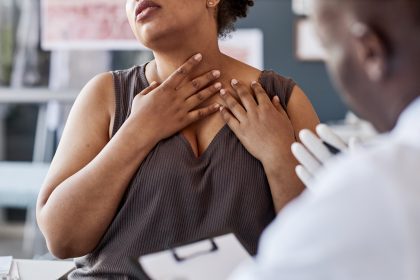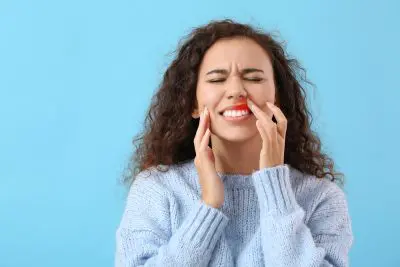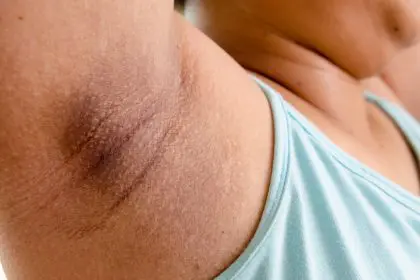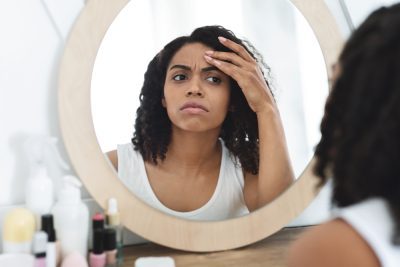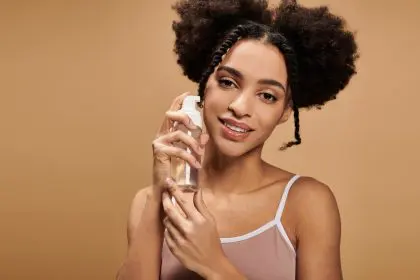For years, a common misconception has circulated within the Black community: that melanin-rich skin offers complete protection from the harmful effects of the sun. While melanin does provide some level of defense against ultraviolet (UV) rays, it is not invincible. In fact, the belief that Black people don’t need sunscreen has left many vulnerable to the long-term damage caused by sun exposure. Understanding the importance of sunscreen for Black people goes beyond the surface. It’s about health, awareness and empowerment.
In this article, we’ll explore three critical reasons why Black people should wear sunscreen daily, challenging the myths while offering practical advice on protecting skin health.
1. Skin cancer doesn’t discriminate
One of the most alarming reasons Black people need to wear sunscreen is the risk of skin cancer. Contrary to popular belief, skin cancer affects people of all skin tones. Although Black people have a lower risk of developing skin cancer than those with fairer skin, the outcomes can be much worse due to later diagnosis. Studies have shown that when Black people are diagnosed with skin cancer, it’s often in the later stages, making it more difficult to treat. This delay in diagnosis is partially due to the widespread assumption that melanin provides full protection.
The harsh reality is that Black people tend to develop more aggressive forms of skin cancer — such as acral lentiginous melanoma. This type of melanoma often appears on the palms of the hands, soles of the feet or under the nails — areas not typically exposed to the sun but still at risk. By wearing sunscreen, you create a barrier against UV rays, lowering your chances of developing skin cancer, even in unexpected places.
Beyond cancer, prolonged sun exposure can lead to other serious skin issues. By applying sunscreen, you’re not just protecting against sunburn; you’re investing in your long-term health, potentially saving your life.
2. Premature aging and skin damage affect all skin types
Sunscreen is often associated with preventing sunburn, but its role in slowing down skin aging is just as important. Premature aging doesn’t just affect those with lighter skin; Black skin can suffer the same fate when exposed to the sun’s harsh rays without proper protection. Over time, UV rays break down collagen and elastin, the proteins that keep skin firm and smooth.
Hyperpigmentation, dark spots and uneven skin tone are common concerns in the Black community. These issues can be exacerbated by sun exposure, as UV rays trigger melanin production, leading to further discoloration. Even though darker skin is more resistant to burning, it is still susceptible to the damage that accelerates aging.
By incorporating sunscreen into your daily routine, you’re actively working to prevent these effects. Sunscreen helps preserve the skin’s youthful appearance by blocking harmful UV rays from causing irreversible damage. It also helps to prevent hyperpigmentation from worsening, allowing for a smoother, more even complexion.
For those who already struggle with skin discoloration, using sunscreen is one of the most effective ways to maintain and improve the look of your skin. It’s a small step that can make a significant impact on how your skin ages over time.
3. Black health matters
Wearing sunscreen is about more than just personal care — it’s about raising awareness within the Black community. Historically, health care has not always prioritized Black skin, and the assumption that Black people don’t need sunscreen is a perfect example of this oversight. This misunderstanding has been perpetuated through a lack of representation in health campaigns and misinformation passed down through generations.
By wearing sunscreen, Black people can take control of their skin health and empower others to do the same. It’s a way to combat the systemic gaps in health care knowledge and ensure that Black voices and experiences are represented in conversations about sun protection.
The truth is, sun damage doesn’t just show up in the form of a sunburn. It can have long-lasting effects on skin health, contributing to chronic conditions like skin cancer and accelerated aging. These risks are too significant to ignore, especially when the solution is as simple as applying sunscreen.
For parents and community leaders, setting an example by using sunscreen encourages younger generations to adopt this habit early on. Education around skin care needs to include all skin tones, and that starts with dispelling myths and embracing protective measures that benefit everyone.
The emotional and cultural significance of skin care
For many Black people, taking care of skin goes beyond aesthetics — it ties into deeper cultural and emotional connections. Historically, Black skin has been subject to scrutiny and judgment, making self-care an act of pride and resistance. By investing in skin care — including wearing sunscreen — Black people can take ownership of their health and appearance on their own terms.
This shift is about more than protection; it’s about reclaiming the narrative around Black health and wellness. It sends a message that Black skin is valuable and deserves the same care and attention as any other skin type. Sunscreen is not a symbol of weakness or surrender to myths; it’s a declaration of self-worth.
Wearing sunscreen is not just a personal choice; it’s an act of self-love and community care. It’s a way to protect not only your skin but also to encourage others to prioritize their health in a world that often overlooks the unique needs of the Black community.
Take the first step toward sun protection
Black people need sunscreen as much as anyone else, if not more, given the historical and cultural misconceptions surrounding skin care. The risk of skin cancer, premature aging and the need to empower the Black community all highlight the importance of sunscreen. It’s time to challenge outdated beliefs and embrace the knowledge that will keep our skin healthy for generations to come.
By incorporating sunscreen into your daily routine, you are taking control of your health and helping break down harmful stereotypes that have persisted for too long. It’s about more than just protecting against UV rays — it’s about protecting your future. So, the next time you step outside, remember that wearing sunscreen is one of the most powerful things you can do for your skin, your health and your community.
Let’s make sunscreen an essential part of Black self-care, ensuring that everyone — regardless of skin tone — takes the necessary steps to stay safe in the sun.
This story was created using AI technology.

